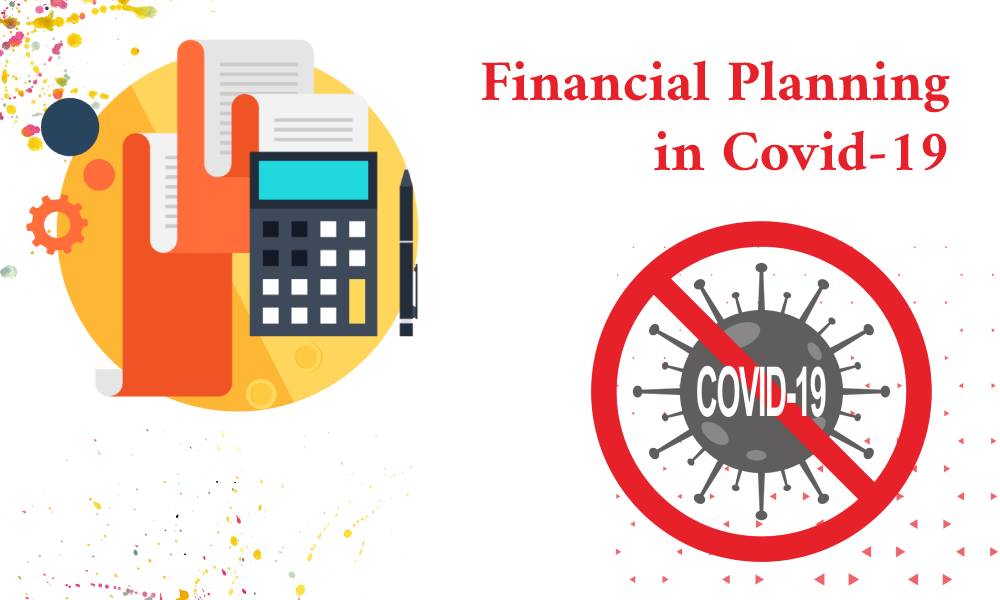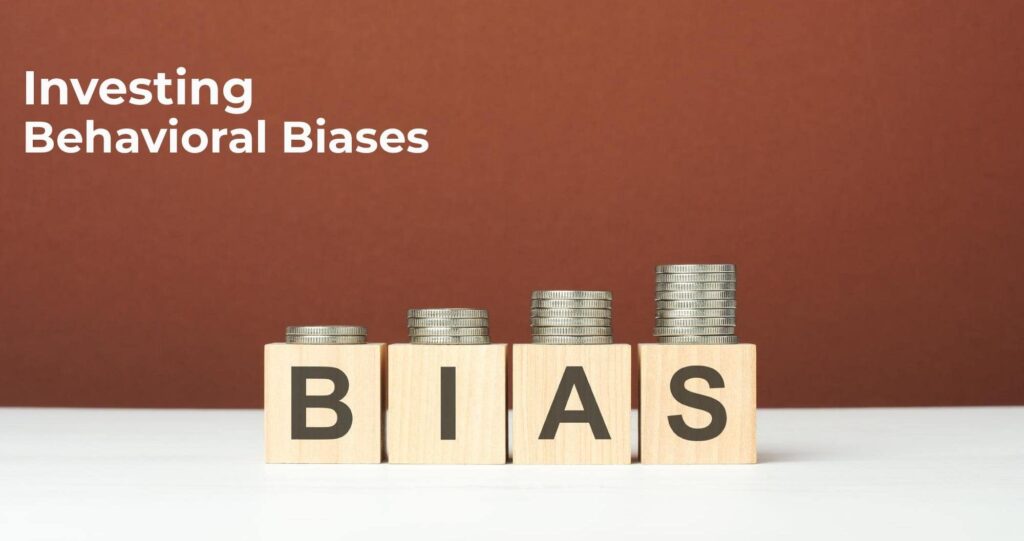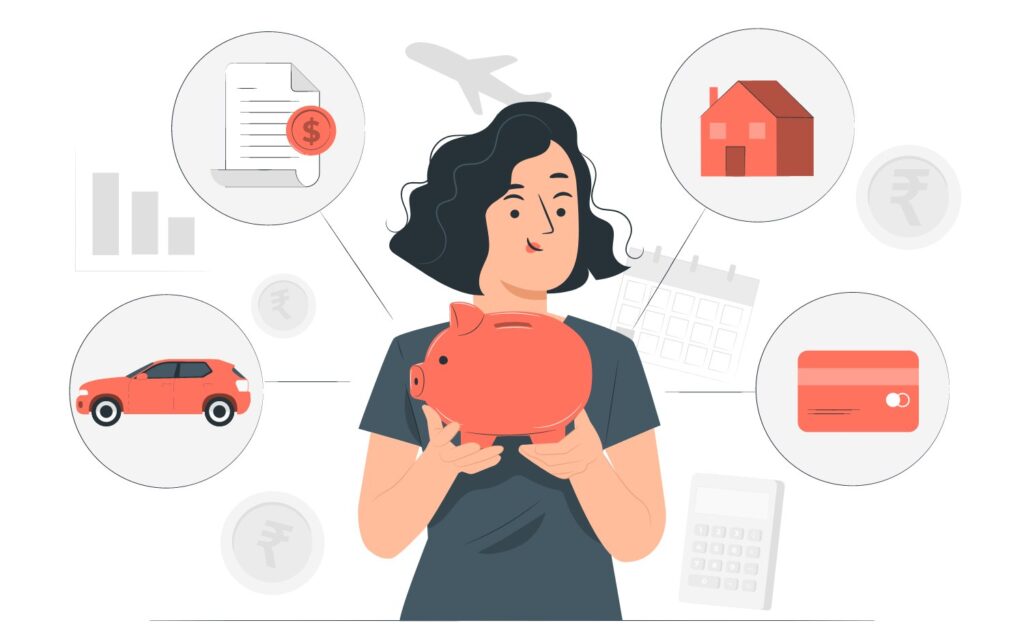In the consumer-driven society of today, it’s simple to feel bad about making purchases. But maintaining a positive outlook on personal money is crucial for general wellbeing. This article provides techniques to help you combine pleasure with fiscal responsibility by assisting you in navigating the complicated emotions related to financial spending. You can develop a positive connection with money and attain more financial peace of mind by accepting self-compassion, putting an emphasis on thankfulness, and getting expert help when necessary.
- Recognising Your Priorities and Values- Think about your priorities and values first. Realize that spending money is a necessary step towards achieving your goals and needs. Recognise that investing money in things that make you happy, convenient, or fulfilled is normal.
- Developing a Financial Plan and Goals- Create a budget that provides room for flexibility. Within your budget, set aside money for hobbies, entertainment, and personal indulgences. Whether your goal is to save for the future, pay off debt, or invest in experiences, make sure your spending is in line with your overall financial goals by setting clear financial goals.
- Engaging in Conscious Spending- Consider whether the thing or experience truly makes you happy or adds value to your life. Give top priority to purchases that improve your health or help you achieve your long-term objectives.
- Accepting Your Own Compassion- Treat yourself well and understand that moderation calls for the occasional splurge. Recognise that guilt is a normal sensation when it comes to spending money, but try not to let it get in the way of your enjoyment or jeopardise your financial security. Recognise that it’s acceptable to periodically treat yourself and practise self-compassion.
- Putting Money First- Keep your attention on your overall financial situation instead of obsessing over specific items. Make sure your spending patterns support your financial objectives and are sustainable. Examine your money on a regular basis to monitor your success and make necessary corrections.
- Looking for Different Rewards- Investigate non-monetary alternatives for finding happiness and contentment. Take part in things that can bring you great delight without breaking the bank, including hanging out with loved ones, taking up a hobby, or going on a nature walk.
- Developing Appreciation- Instead of dwelling on your shortcomings, learn to be grateful for what you already have. Acknowledge the abundance in your life and value the things and experiences that make you happy. Developing an attitude of thankfulness can assist in reducing guilt feelings related to financial expenditure.
- Seeking Expert Advice- If your guilt keeps getting in the way of your happiness, you might want to contact a therapist or financial advisor. They can assist you in investigating the root reasons of your guilt and creating plans for dealing with it in a way that preserves your positive relationship with money.






